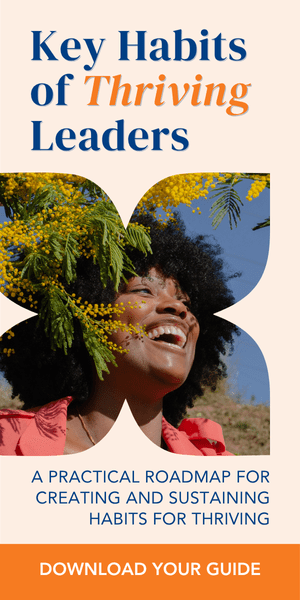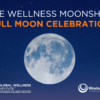![[ File # csp1347356, License # 2940858 ]Licensed through http://www.canstockphoto.com in accordance with the End User License Agreement (http://www.canstockphoto.com/legal.php)(c) Can Stock Photo Inc. / firebrand_photo](https://www.wisdom-works.com/wp-content/uploads/2013/09/wealth_edit23.jpg) A hodge-podge of friends at my favorite local coffee shop seemed to light up to the topic of the day’s conversation: wealth and poverty. From a real estate investor and retired corporate professionals to a musician and a yoga instructor, we were a diverse group with varied opinions on the influence of wealth. I left the conversation buzzing with questions: “What exactly is wealth, and how do I define it in my own life?”
A hodge-podge of friends at my favorite local coffee shop seemed to light up to the topic of the day’s conversation: wealth and poverty. From a real estate investor and retired corporate professionals to a musician and a yoga instructor, we were a diverse group with varied opinions on the influence of wealth. I left the conversation buzzing with questions: “What exactly is wealth, and how do I define it in my own life?”
When questions like this rattle around in my head, they won’t generally leave me alone until I investigate deeper. I started with several dictionaries and found the expected definitions of wealth: “value of accumulated assets” and such. By “value,” it was clear that these dictionaries were suggesting that wealth was about having “enough” or an “ample” supply of goods and money. That’s a definition of wealth still held by many of our companies, corporations, and even whole nations.
But my questions kept rattling: What if our quest for “enough” went beyond merely monetary, material things? Digging deeper, I found this definition of wealth:
The quality of profuse abundance; “she has a wealth of talent.”
This meaning was attractive — it sounded so much more inclusive. While only a small number of the world’s people truly enjoy monetary wealth, all of us have the possibility to tap into our wealth of talents, inner gifts, and unique perspectives that enrich life.
I wondered why I had to dig deeper to find the non-monetary facets of wealth, and figured that our recent emphasis on material gain had changed a very ancient concept. The etymology of the word “wealth” is instructive here. It comes from the Middle Englishwele or “well-being.” Before taking on connotations of financial riches, wealth meant the welfare of people; their general happiness and joy. Now we’re talking! The questions in my head finally began to quiet.
Supporting the answers I had discovered, the book, Living Richly, speaks in regards to upper-level inheritors — those with enough wealth that they would never need to work for money their whole lives — and it speaks not about wrangling money, but about achieving our potential as human beings.
And then, coincidentally (it would seem my other friends couldn’t resist joining in the dialogue that had started so innocently at our local coffee shop), a good friend sent me an article about the late jazz guitarist Johnny Smith. In his latter years, Smith said:
“I’ve realized everything in life that I ever wanted to do. Fortunately, getting rich wasn’t one of them. I’ve always believed that wealth is not measured in money — wealth is measured in friends and good experiences.”
Judging from the positive influences he created throughout the music world and its fans, I believe Mr. Smith was on to something there. For my part, I’ll sign up to the quest to reinvent the word “wealth,” returning to its essence: the drive for a deeper level of well-being.
photo credit: firebrand_photo






